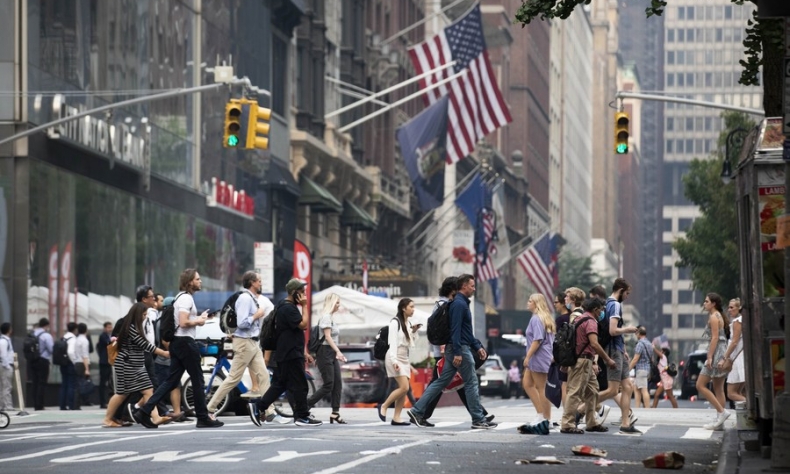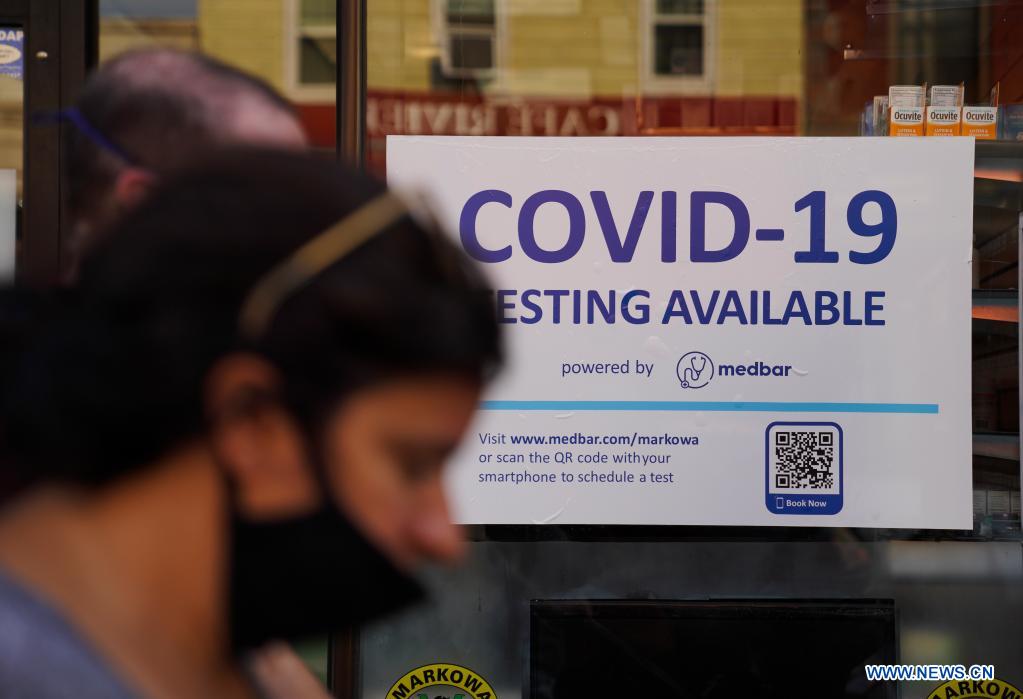Pandemic Burnout: What Now for the World?

The most important thing is to keep up with the courage and work hand in hand among all sectors, and build on our collective synergy and intelligence to combat the uncertainties.
The ongoing COVID-19 infection has turned into a global pandemic with repercussions still being felt by the world on a daily basis. It is also portrayed by many health experts as the most severe worldwide crisis in the 21st Century.
As the virus has lingered for more than a year, which requires one to devote ongoing physical, cognitive, and emotional efforts, many people are experiencing a state of chronic exhaustion known as pandemic burnout.
They are forced to form new routines and ways of living as responses towards the “new normal.” Nonetheless, as the future remains highly uncertain and fragile, which eliminates the stable structure and brings along more fluidity, the long-term impact of COVID-19 still remains to be seen. More critically, nobody can know for certain how long the period of “burnout” would last, creating an additional level of uncertainty.
While the technological advancement that compresses time and space allows people to overcome many obstacles throughout the boundaries, it is simultaneously blurring the lines between work and rest.

As people are staying at home for attending their classes, replying emails, or even working for their companies, people often unintentionally immerse themselves in an endless realm of work. They often work more than usual and leave themselves no time and space for rest and relaxation.
At the same time, the pandemic hinders people from having face-to-face communication and contact. For the sake of maintaining public health, people are encouraged to make good use of the digital medium to get connected with one another.
While technology once again breaks down the boundaries among people, it also at the same time creates invisible walls. Communications tend to be artificial and shallow, people can hardly get a genuine sense of the body language and underlying emotions of the people with whom they are talking.
As people are confined at their homes throughout the pandemic, they can easily lose their sense of motivation and efficacy in their life. At the most intensive period of the pandemic, this situation becomes more severe as they are not allowed to hang out. With their regular outdoor hobbies, such as playing sports or watching movies, being affected, they may resort to some undesirable behaviors, such as binge drinking or playing continuous computer games to alleviate their boredom and stress. The longer the pandemic, the much easier for them to get addicted to these behaviors.
To some people, the pandemic is creating constant anxieties and tensions. As the economy has become stagnant, many adults are forced to take no-pay leaves for a long period of time or even face dismissal. It’s harder to find another regular job with stable income in the gloomy market – a serious issue for low-income families, with these unemployed adults often the sole pillar supporting the family.
While many students are forced to have online classes all the time, those less capable and underprivileged students often cannot catch up with the school progress and result in a relatively poor academic performance. Some of them have no stable internet connections that allow them to take the classes and get access to online learning and teaching materials.
Although the flow of information is becoming more rapid and transparent in the digital era, it is also easily inducing public panic and anxiety. To many people, while they are watching online news to get themselves updated about the pandemic situation, the endless and ongoing report of the infection and death figures, transmission clusters, as well as mutation trends, are simply making people constantly worried.
Added to the public anxiety throughout the pandemic are the government responses and policies. While the government is devoted to safeguarding public health through imposing a series of timely and stringent policies and regulations, such as a long period of quarantine and lower maximum number of people for social gathering, to some people, they sometimes doubt the rationales and effectiveness of these policies, viewing them as infringing their freedom and hampering their interests.
At the same time, while the government is working continuously to fight the pandemic, the mutation of the virus is making the work far more challenging. It is clear that in many places around the world, the tensions between the government and the public are strong when the latter deems the former unable to cope with the pandemic.
It is understandable for all these sources which contribute to the contemporary pandemic burnout. Nonetheless, there is no way that any individual could lose the determination and optimism to fight the pandemic as this is the most formidable yet mutual challenge encountered by all of us. The most important thing is to keep up with the courage and work hand in hand among all sectors, and build on our collective synergy and intelligence to combat the uncertainties.
Mathew Wong is an assistant professor in the Department of Social Sciences at the Education University of Hong Kong.
 Facebook
Facebook
 Twitter
Twitter
 Linkedin
Linkedin
 Google +
Google +










